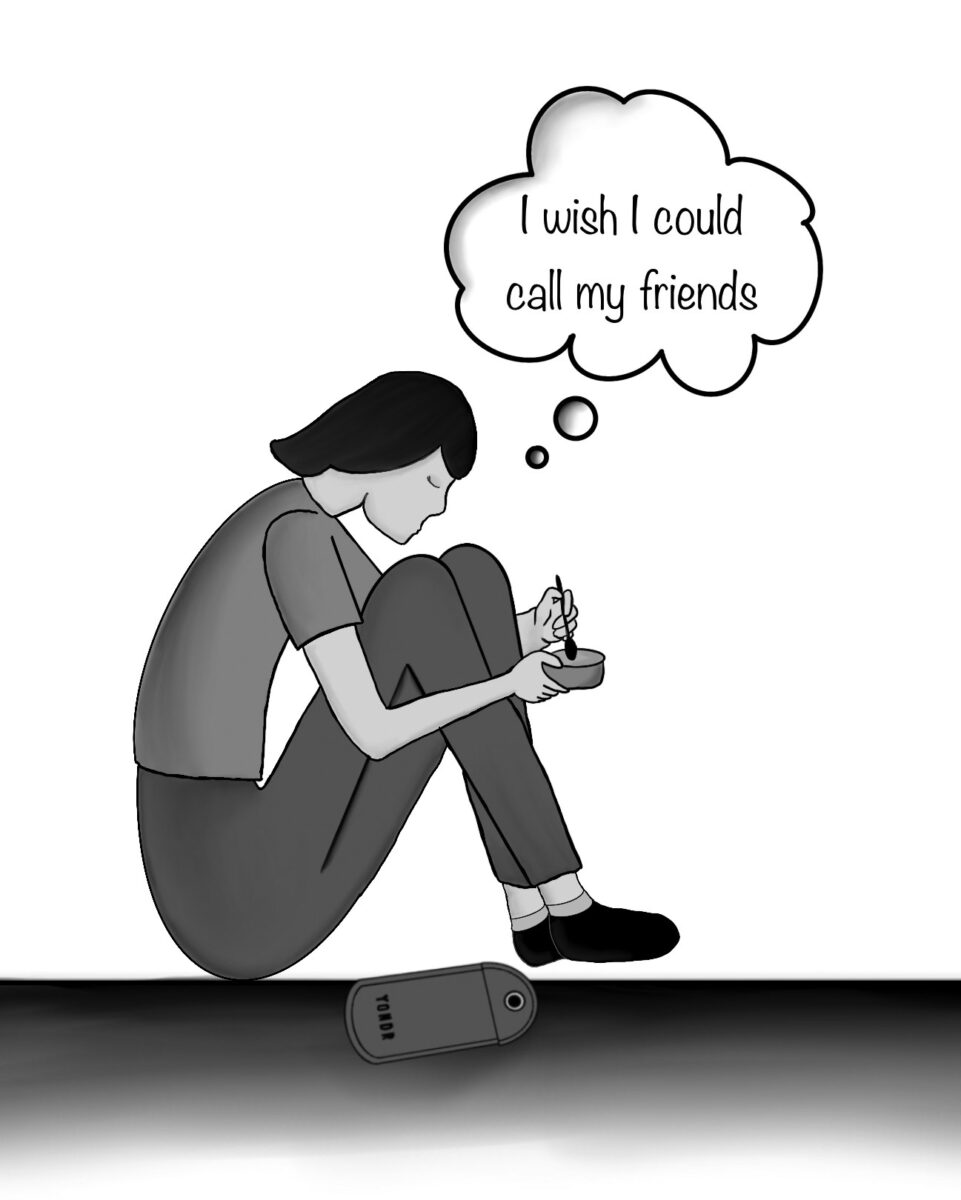“It’s my son’s birthday today,” pleaded 30-year old veteran Chris Mintz after he was shot three times by a shooter at Umpqua Community College in Oregon, who proceeded to shoot him four more times. Ten people died that day in a tragedy that could have been prevented—just one of many mass shootings that illustrate the need for more effective gun control laws.
Mass shootings, particularly in schools, are not uncommon. Since 2013, there have been 142 school shootings in America. While gun violence may seem distant enough for us to feel safe in Marin County, in reality, Marin is just as vulnerable as any other place. In fact, it was about a month ago that a 67-year old hiker was shot to death on a popular hiking trail in Fairfax, a mere 20-minute drive from the school we attend every day. While bearing arms is a constitutional right, it is time for Americans to decide whether the loss is worth the gain.

The proliferation of the constitutional right argument has devalued the Constitution. It is treated as a debating tool, a generic response to use when a speaker can’t think of anything better to say. “It’s a constitutional right,” has become too cliché.
So to those using the constitutional argument, consider this: the Constitution was designed to be flexible. The Founding Fathers recognized that a stagnant government was no government at all. A responsive democracy had to be able to change with the times, they decided—and thus, Article V of the Constitution, which states that a two thirds majority of Congress can amend the Constitution, was drafted. The United States would not be static, but rather subject to change as large obstacles demanded.
Today we face a large obstacle. Today, American children and adults are killed in classrooms. So, regardless of the fact that 18th century shopkeepers demanded the right to bear arms so that they could resist the standing armies of a nascent nation, we don’t need them today.
The solution lies in stricter gun control laws that, firstly, require private sellers to use the NICS system; secondly, require states to more effectively update the NICS system with mental health records; and lastly, provide more monetary or other incentives for citizens in troubled neighborhoods to turn in guns.
In recent years police forces have benefited heavily from military surplus programs. The Department of Defense has distributed hundreds of millions of dollars of extra military grade weaponry to police departments. As the capacity of police departments to apply force for the general protection increases, it makes it less necessary for citizens to own firearms for their individual protection.
This begs the question: Do we need assault rifles? Do we need military grade, fully automatic rifles? Do we need guns capable of firing up to 600 rounds per minute, guns designed more for the Afghan battlefield than for the American suburb?
The Founding Fathers provided for the right to bear 18th century arms – muskets, which had to be reloaded one ball at a time. The right to bear modern firearms? Not so much.
Granted, some restrictions are in place. Federally licensed gun dealers are required to use the National Instant Criminal Background Check System (NICS), which, according to US Code, ensures that gun buyers have no past criminal record and have not “been committed to any mental institution.”
But it might surprise many to learn just how ineffective––or sometimes nonexistent—gun restrictions are. The NICS database lacks the mental health records of many individuals whose mental health would prohibit them from owning guns, according to the Law Center to Prevent Gun Violence. Such was the case with Virginia Tech student Seung-Hui Cho, who was able to obtain a weapon because the state of Virginia failed to submit his mental records. Cho would go on to kill 32 fellow students in 2007, the second largest school shooting in the history of America.
Even with the weaknesses of the NICS, a bigger issue looms: private sellers have no requirements to run background checks. Private individuals selling guns from their garage have no more restrictions than a Girl Scout troop selling cookies—it’s really that easy.
While gun control opponents argue otherwise, guns are not necessities for most gun owners. And though some defend gun use as an aspect of American culture, why does that justify it? Being traditional doesn’t mean something is moral, it simply means that no one has questioned its morality.
Part of progress is breaking away from tradition. It’s time for this tradition to end.











